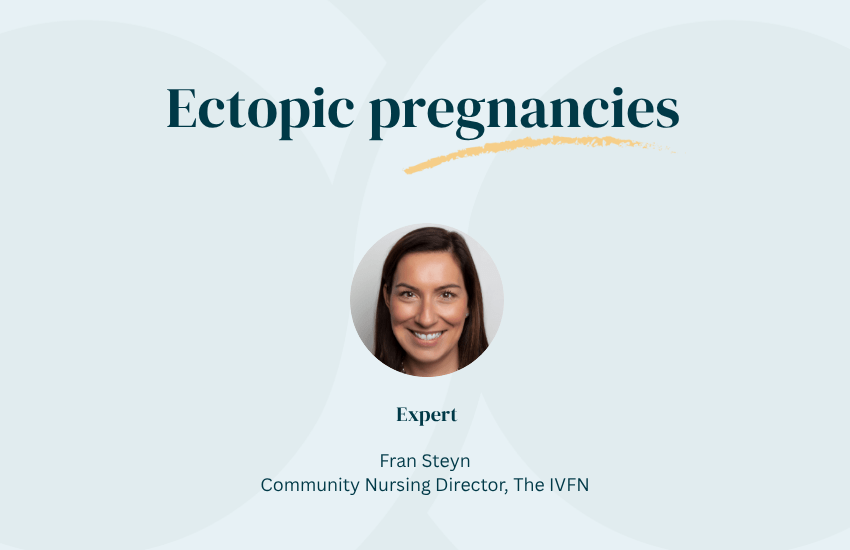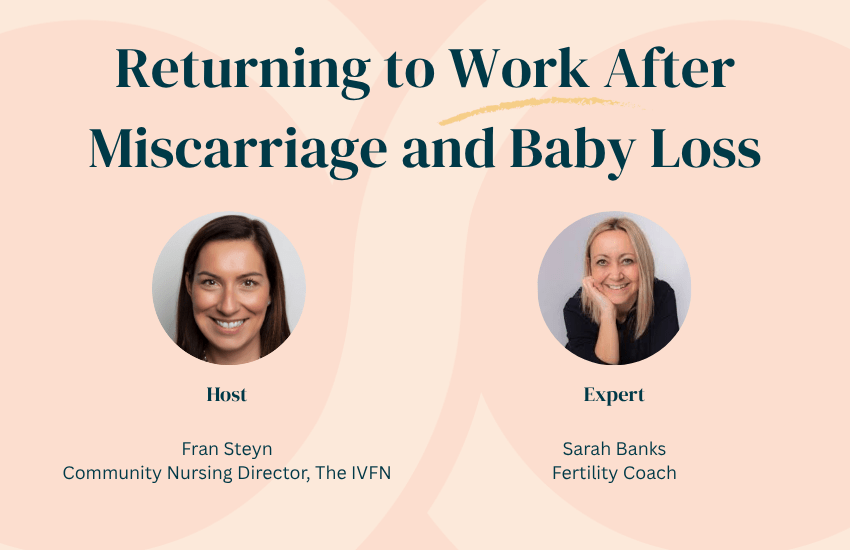Dealing with IVF Trauma and Loss

Login to continue reading
This content is for members only, to read the full article log in to your account.
Forgotten your password? Reset your password here.
Join us today
If you don’t have a membership yet, visit our Join us page.
Would you like your employer to pay for this?
For an obligation free chat to discuss how employer membership to The IFVN would work for your business, please contact us using this enquiry form.
Further reading
-
Male fertility Movember: Men’s Health and Fertility

-
Mental health / Stress management Why Support Matters: Building Your Fertility Network at Home and Work

-
Female The Two-Week Wait: What’s Happening During This Time

-
Previous event Ask the Expert – Ectopic Pregnancies

-
Previous event Safe Space – Returning to work after Miscarriage and Baby Loss

-
Corporate Fertility Awareness Week 2025: Supporting Fertility in the Workplace

-
Female Alcohol and Fertility: What You Need to Know


